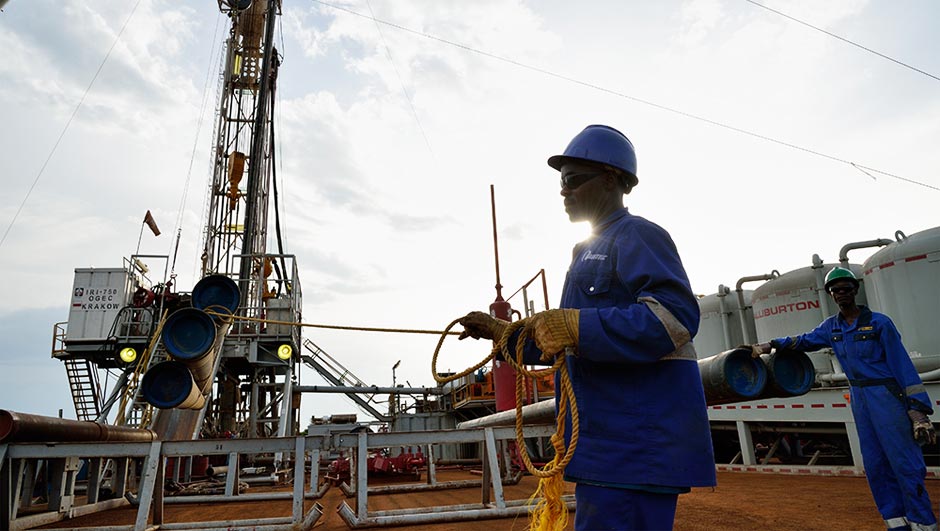
As a final investment decision (FID) looms on Uganda’s oil plans, opposition is targeting financial sources for the export pipeline.
A group of 263 organisations have called on banks not to finance the East African Crude Oil Pipeline (EACOP).
The protest campaign focuses on three banks acting as advisors on EACOP: Standard Bank, Sumitomo Mitsui Banking Corp. and Industrial and Commercial Bank of China (ICBC). It also flags 22 banks that have been involved in financing Total and CNOOC Ltd.
Among those named by the protest organisation are Credit Agricole, Société Général, JPMorgan Chase, MUFG, Standard Chartered, HSBC and Mizuho.
The heated pipeline will run for 1,445 km from Uganda’s Lake Albert to the Tanzanian port of Tanga. The project would carry oil that would produce more than 34 million tonnes per year of carbon emissions, the protest said.
EACOP will cost $3.5 billion, with $2.5bn expected to come from banks and other financiers.
The Uganda National Oil Co. (UNOC) said in late February that the “final investment decision (FID) is imminent”, in response to an article suggesting delays.
Impact
Signatories to the open letter include Friends of the Earth International, 350.org, the Catholic Agency for Overseas Development, Reclaim Finance, Sierra Club, Global Witness, the IUCN National Committee of the Netherlands, BankTrack, Africa Institute for Energy Governance (AFIEGO) and Inclusive Development International (IDI).
In addition to the carbon emissions linked to the project, the protest has raised concerns about the impact on local communities.
AFIEGO’s Diana Nabiruma noted the shift of oil and gas companies into renewables “as they realise that this is the energy of the future. Knowing this, why would they seek to saddle Ugandans and Tanzanians with the EACOP? No responsible bank should finance the EACOP project well knowing that the economic, environmental, climate change and social risks of the project are too immense.”
Director of the Innovation for the Development and Protection of the Environment (IDPE) Bantu Lukambo raised concerns about pollution. This has “no boundaries”, he said.
“Any environmental impact triggered by the EACOP pipeline will affect not only wildlife and communities but will threaten also the stability in the region, with possible oil spills in some of the last remaining water reservoirs of the Great African Lakes, fuelling disputes between countries.”
A group of six NGOs has also taken legal action against Total in France on a duty of vigilance basis. The oil company has won so far but the legal fight is continuing.
Making plans
Total’s plans for the Ugandan project have been delayed but there is increasing talk that FID is close. The company opened a number of tenders in February with an end date this month.
This morning, for instance, Total East Africa Midstream Uganda called for expressions of interest for its resettlement action plan (RAP). Interested companies must be in touch by March 10.
The US’ Gulf Interstate Engineering carried out front-end engineering and design (FEED) work on the plan in 2017. Total then went on to award early engineering work to Worley, with Norplan Tanzania and Inter Consult.
Assuming the companies take FID this year, they could reach first oil in 2024.
